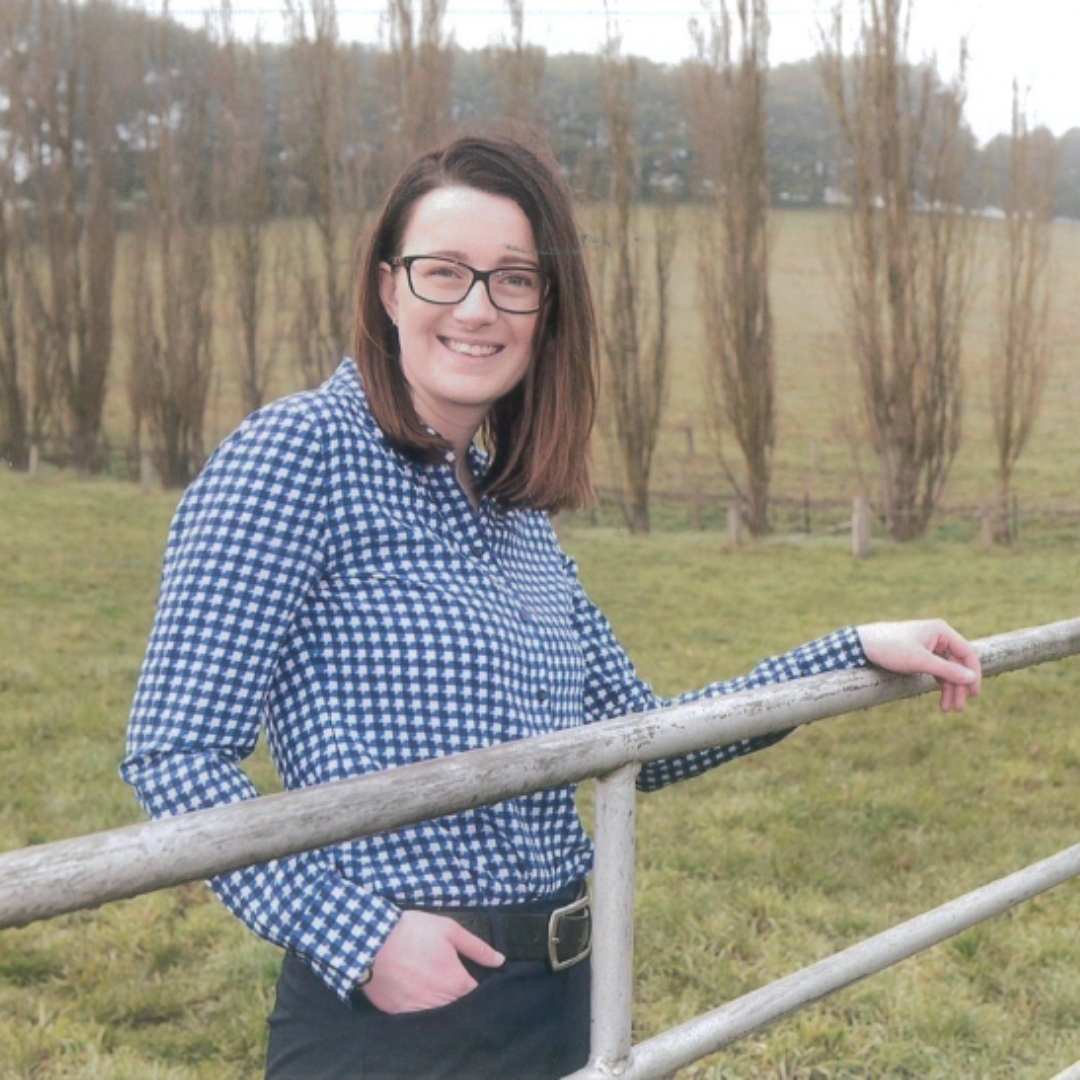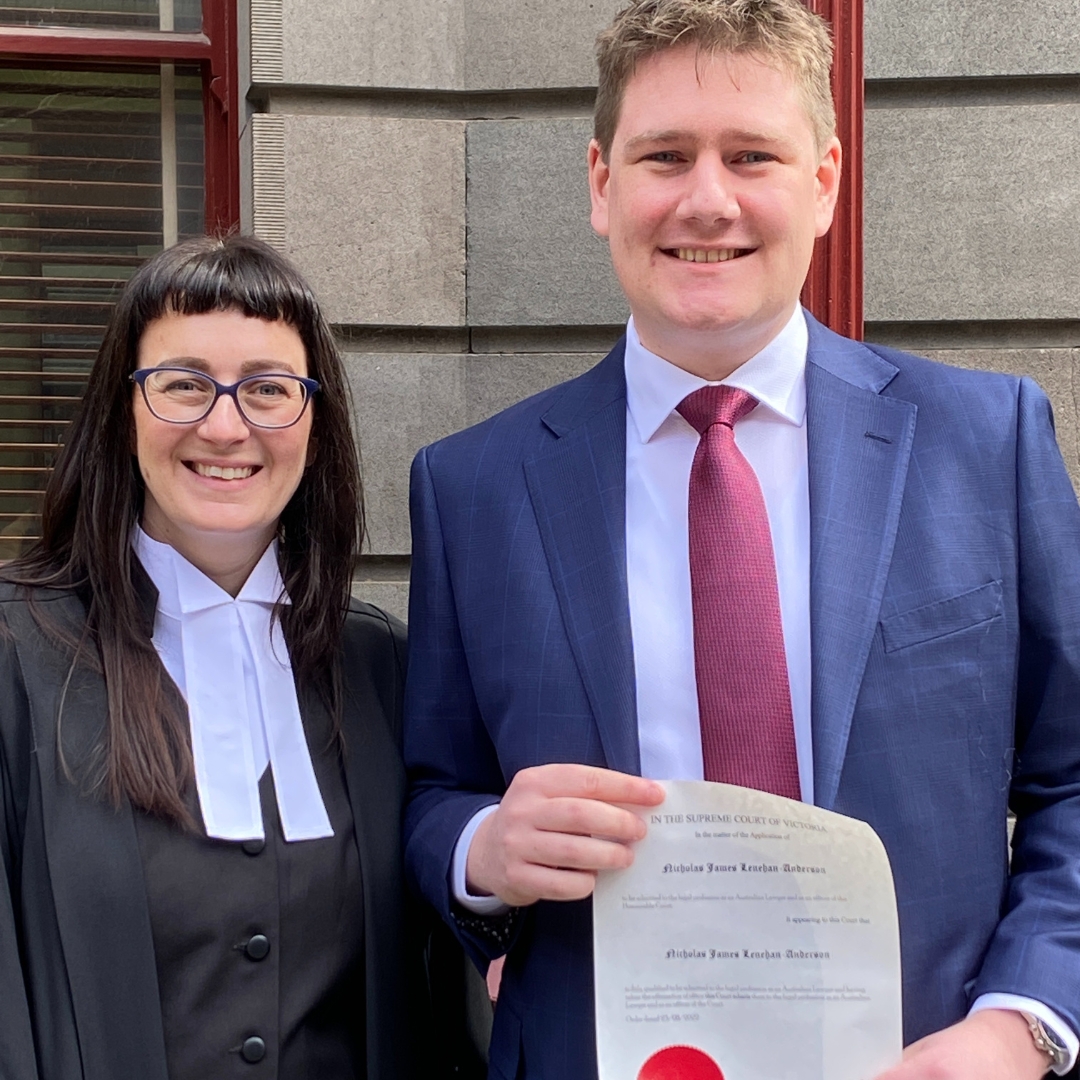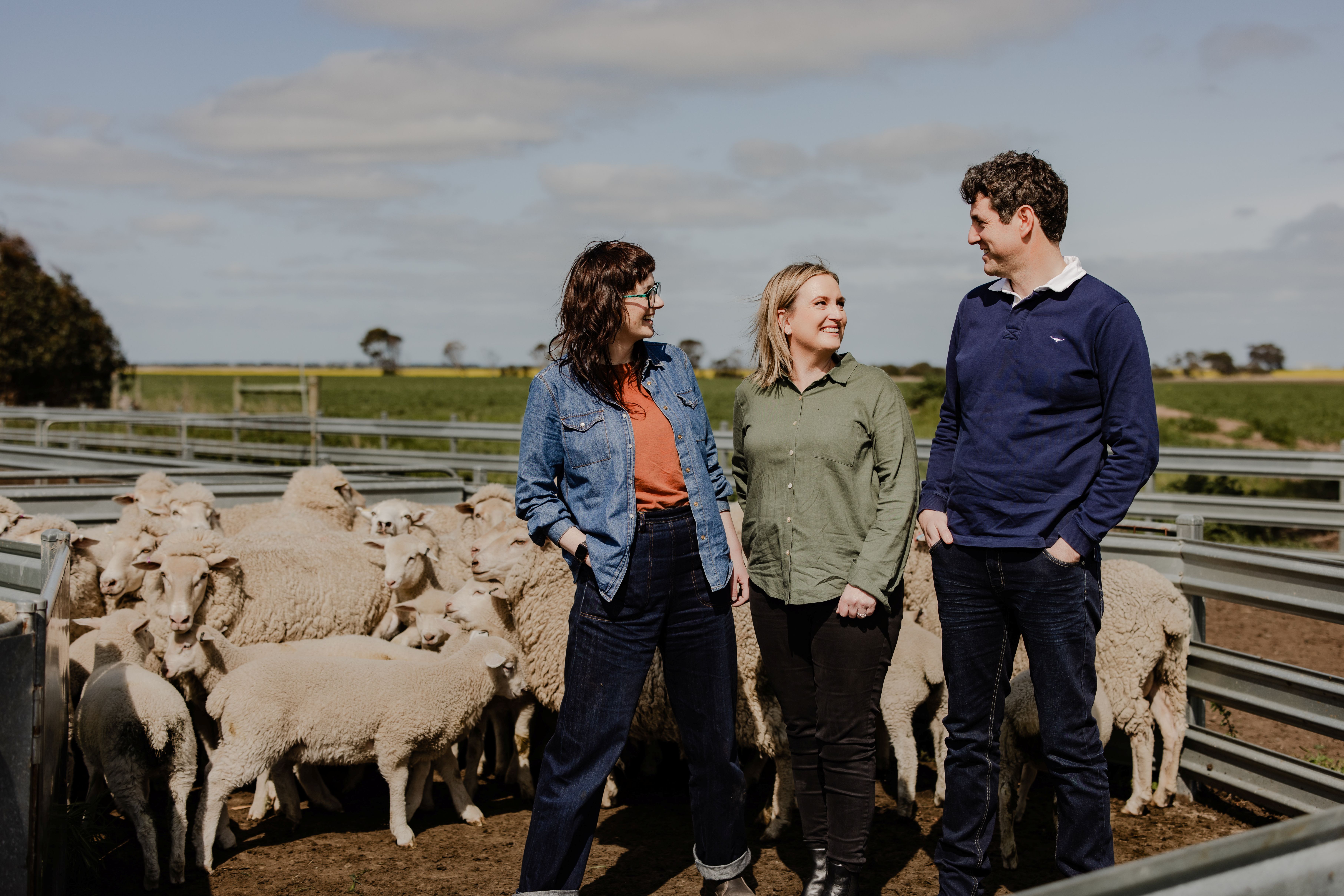Looking to involve the next generation in your farming business?
.jpg)
It’s a tricky juggling act which often occurs in the industry- balancing the desire for change and the energy of the keen new farmer, with the steady hand of the experienced farmer on the other side of the ledger.
But the best future planning makes room for the best of both leadership styles, according to the team at Sewells Lawyers.
At the start of any project like this (called “succession planning” in the legal sector), it is critical to understand your current operations. This include show land and other assets are owned, what entity runs your business (for example, a partnership, company or trust), and how loans and credit accounts may be secured.
Next, you should consider what your ideal scenario looks like - one which will help you make a smooth transition. Ask yourself what does this look like in 6 months? 2 years? 5 years?
Then it’s time to make a plan. To pull this off with minimal fuss, you’ll need to engage your lawyer with practical farming experience and one who is well placed to work in with you, your accountant, and your bank. You’ll need to work through any risks on the horizon (potential family law issues? Risk of challenge to a will? Tax implications? Other business creditors?)
These projects can be overwhelming and strategies are often best executed one step at a time. The project might involve updating your wills, drafting family agreements, changing trust and ownership structures, transferring land, livestock, and plant and equipment.
The team at Sewells knows that every family farming operation is different – after all, many of our staff have their own farming families.
Related articles

Farewell Bec
















